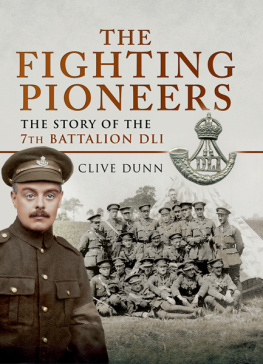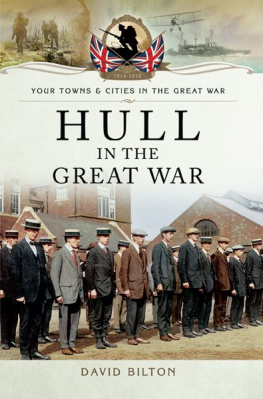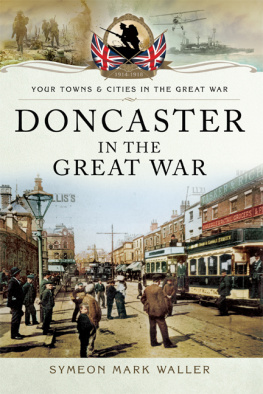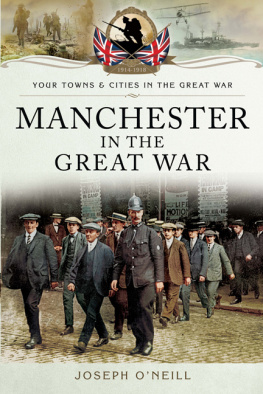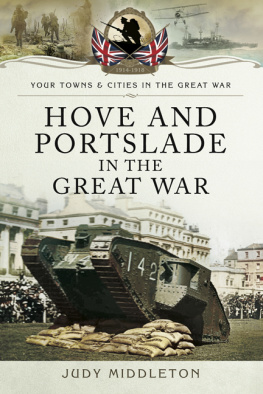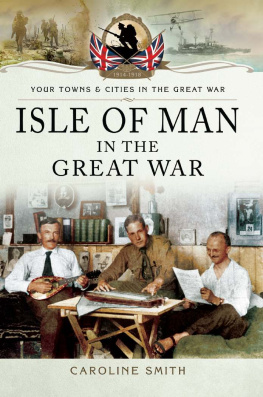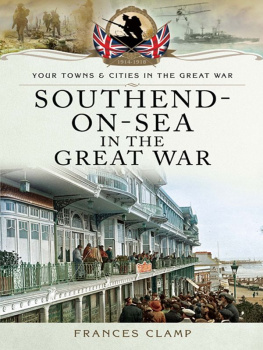First published in Great Britain in 2014 by
PEN & SWORD MILITARY
an imprint of
Pen and Sword Books Ltd
47 Church Street
Barnsley
South Yorkshire S70 2AS
Copyright Clive Dunn and Gillian Dunn, 2014
ISBN: 978 1 78346 286 5
EPUB ISBN: 978 1 47384 647 0
PRC ISBN: 978 1 47384 636 4
The right of Clive Dunn and Gillian Dunn to be identified as the authors
of this work has been asserted by them in accordance with the
Copyright, Designs and Patents Act 1988.
A CIP record for this book is available from the British Library.
All rights reserved. No part of this book may be reproduced or transmitted
in any form or by any means, electronic or mechanical including
photocopying, recording or by any information storage and retrieval
system, without permission from the Publisher in writing.
Printed and bound in England
by Page Bros, Norwich
Typeset in Times New Roman
Pen & Sword Books Ltd incorporates the imprints of
Pen & Sword Archaeology, Atlas, Aviation, Battleground, Discovery,
Family History, History, Maritime, Military, Naval, Politics, Railways,
Select, Social History, Transport, True Crime, and Claymore Press,
Frontline Books, Leo Cooper, Praetorian Press, Remember When,
Seaforth Publishing and Wharncliffe.
For a complete list of Pen and Sword titles please contact
Pen and Sword Books Limited
47 Church Street, Barnsley, South Yorkshire, S70 2AS, England
E-mail:
Website: www.pen-and-sword.co.uk
Dedication
We would very much like to dedicate this book to all those men, women and children of Sunderland who contributed towards the war effort, either by joining the forces, helping the wounded, working in industry, fundraising or providing comforts for others. Sunderland can be justly proud of its contribution.
Contents
Chapter 1 1914: The calm before the storm
Patriotism, proclamations and preparations
Chapter 2 1915: The year of innocence
Recruiting, rationing and requisitioning
Chapter 5 1918: The storm before the calm
Of ships and funds and a tank called Nelson
Chapter 6 1919: Coming to terms and a time to reflect
Peace, parades, memorials and pageants
Foreword
WE HAVE WRITTEN this book to commemorate the part Sunderland played in the Great War, not only in supplying men and women to the armed forces but also in the contribution of its industry and the men who were not able to go to the front and women on the home front made to the war effort. We have been aided greatly by one of the wartime mayors, William Frederick Vint, who wrote A Mayors Notebook. We would especially like to thank the staff at the Local Studies Centre of Sunderland Library for their time, patience and help.
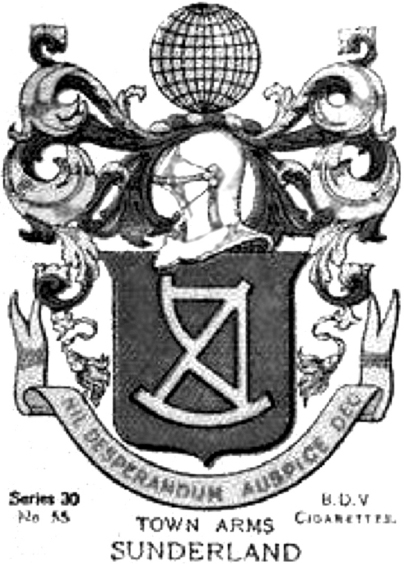
Sunderland Coat of Arms.
Chapter One
1914:The calm before the storm
Patriotism, proclamations and preparations
SUNDERLAND HAD PROSPERED during the nineteenth and early twentieth centuries as a shipbuilding town and producer of coal, pottery and glass. The early part of 1914 had seen an escalation of international tensions with the continued naval arms race between the Germany of Kaiser Wilhelm II and Great Britain. On 28 June 1914, during a state visit to Sarajevo, Archduke Franz Ferdinand and his wife Sophie, the Duchess of Hohenberg, were assassinated by Gavrilo Princip, a member of the Serbian Black Hand Gang. After this, events rapidly moved towards war, although this was not known at the time. Austria was eager for war and, with the knowledge that Germany would support her, sent a harsh ultimatum to Serbia, knowing full well that the Serbians would not agree to it. In the event Serbia agreed to most of the points raised, but not all. This partial acceptance was not enough for Austria-Hungary. As a consequence, it invaded Serbia.
Europe at this time was divided into an armed camp, with Germany and Austria-Hungary on one side and France and Russia on the other. Great Britain initially took the view that it did not want to be drawn into a European war, but that was a hope that would not be fulfilled. With the invasion of Serbia, Russia mobilized her forces on 31 July. Germany then sent an ultimatum to Russia stating that if the latter did not stop mobilization then it too would be forced to mobilize its forces and declare a state of war. At the same time, Germany informed France of its intentions towards Russia and wanted to know what France would do; would it remain neutral? The Russians did not reply to Germanys ultimatum so, on 1 August 1914, Germany declared war. On the same day, France mobilized its troops. The next day, German troops invaded Luxemburg and that night a note was sent to the Belgian government stating that the latter must violate Belgian territory and demanded that Belgium remained neutral. This note required an answer within twelve hours. The Belgians sent their refusal by 7.00 am on 3 August. Later that day, Germany declared war on France. The next day, Britain lodged protests with Germany about its invasion of Belgium and sent her an ultimatum to safeguard Belgian neutrality. When no reply was received Britain declared war on Germany at 11.00 pm on 4 August.
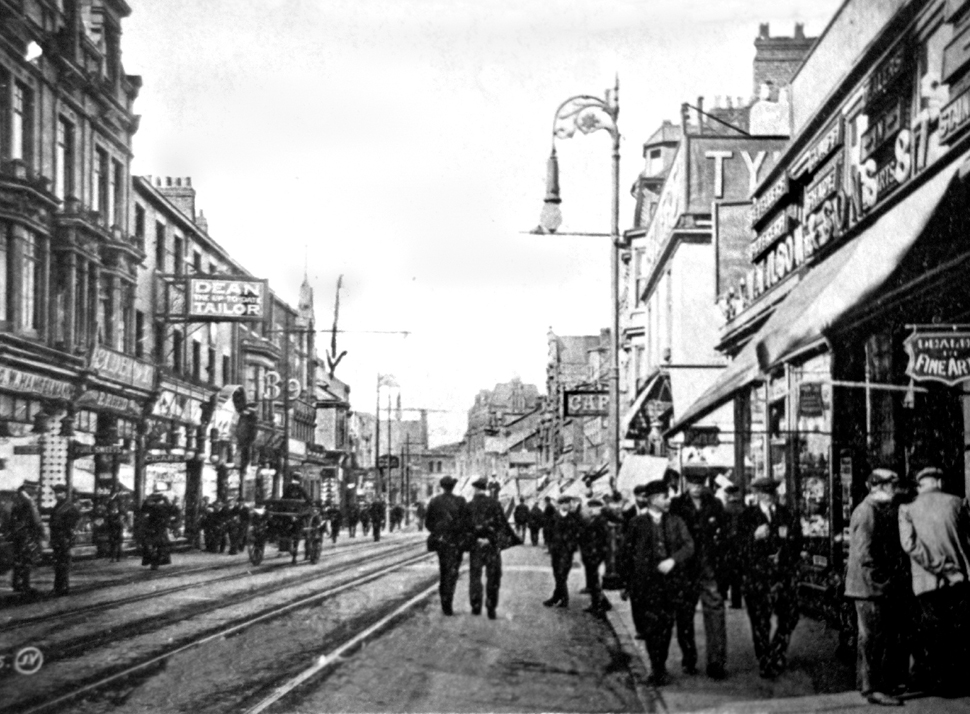
A general view of High Street, Sunderland.
While all this was happening, the people of Sunderland were following events avidly, with life still going on as normal, this being a bank holiday weekend. The War Office issued the following statement on 4 August: With reference to this [Monday] afternoons announcement of the government of their decision to mobilize. It is officially stated that the proclamation will be signed to-day, and the necessary orders for the Reserves to return to the colours and the Territorials to be embodied will then be issued. War was in the air.
That night at midnight, thousands of people crowded around the Echo offices in Bridge Street, Sunderland, awaiting developments. All copies of the special edition of the newspaper quickly sold out as people clamoured for news. Shortly after midnight, word came that a state of war existed between Great Britain and Germany. At first there was silence while people took in the gravity of the situation; then there was a cheer, and people dispersed to their homes singing the national anthem.
With the start of the first full day of war things began happening in the town. There was an expectancy that the war would be over by Christmas but also the worry that the Germans may invade the country. Britain had traditionally relied upon the Royal Navy to protect her shores from invasion. However, an exercise in 1913 to test the defences of England proved that it would be possible for an enemy to land the equivalent of 48,000 troops between Blyth and Sunderland before the Navy could intervene. This prompted a lot of rethinking in the planning circles. The War Office took over the grain warehouses at the South Docks and other places such as the Thompson Memorial Hall, Pilot House on the north pier, the caf on the lower promenade and Mrs Justs premises on the lower promenade.
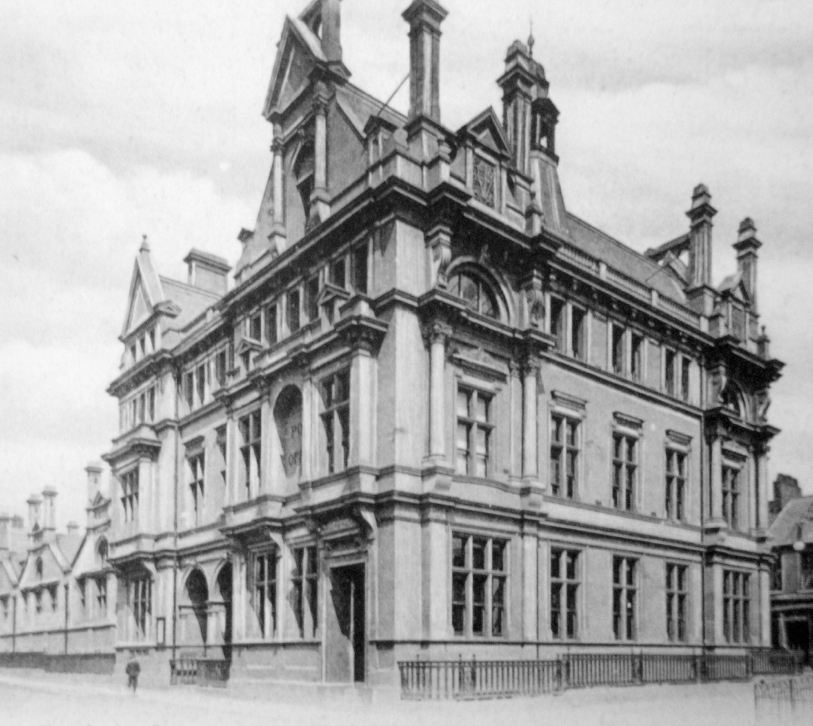
General Post Office.
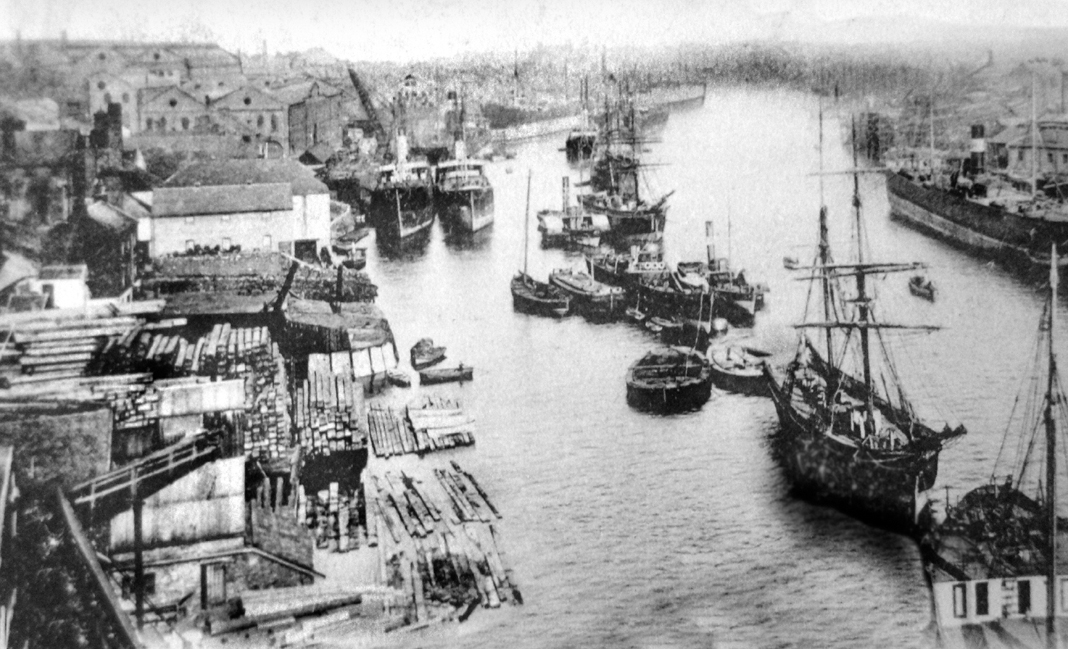
View from Wearmouth Bridge.
Next page

